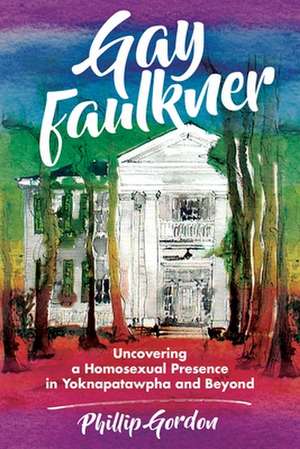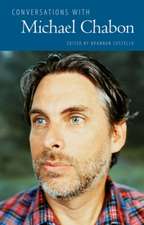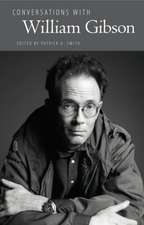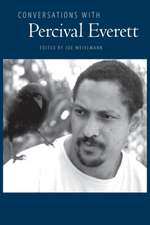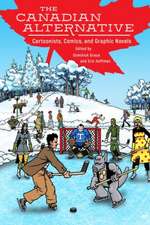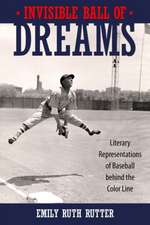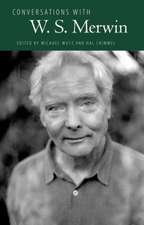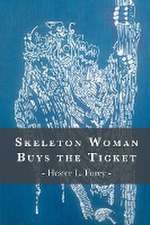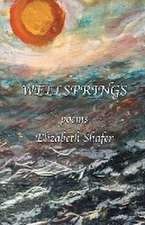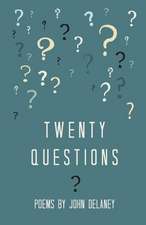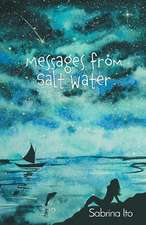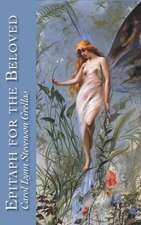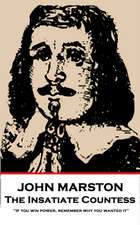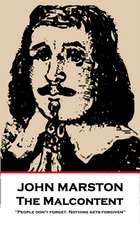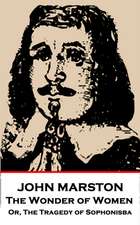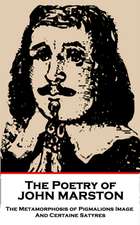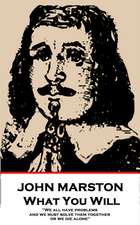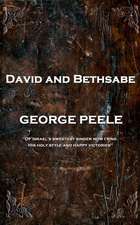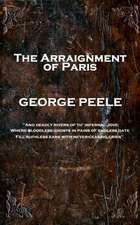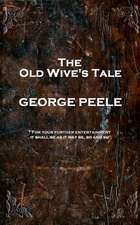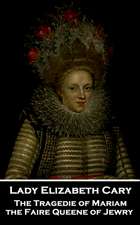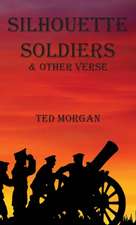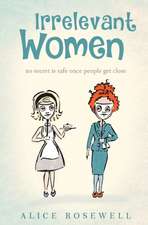Gay Faulkner
Autor Phillip Gordonen Limba Engleză Paperback – 31 dec 2019
Gay Faulkner: Uncovering a Homosexual Presence in Yoknapatawpha and Beyond explores the intimate friendships Faulkner maintained with gay men, among them Ben Wasson, William Spratling, and Hubert Creekmore, and places his fiction into established canons of LGBTQ literature, including World War I literature and representations of homosexuality from the Cold War. The book offers a full consideration of his relationship to gay history and identity in the twentieth century, giving rise to a new understanding of this most important of American authors.
| Toate formatele și edițiile | Preț | Express |
|---|---|---|
| Paperback (1) | 203.90 lei 6-8 săpt. | |
| University Press of Mississippi – 31 dec 2019 | 203.90 lei 6-8 săpt. | |
| Hardback (1) | 650.86 lei 6-8 săpt. | |
| University Press of Mississippi – 2020 | 650.86 lei 6-8 săpt. |
Preț: 203.90 lei
Nou
Puncte Express: 306
Preț estimativ în valută:
39.02€ • 40.84$ • 32.47£
39.02€ • 40.84$ • 32.47£
Carte tipărită la comandă
Livrare economică 31 martie-14 aprilie
Preluare comenzi: 021 569.72.76
Specificații
ISBN-13: 9781496825988
ISBN-10: 1496825985
Pagini: 298
Dimensiuni: 156 x 234 x 18 mm
Greutate: 0.46 kg
Editura: University Press of Mississippi
ISBN-10: 1496825985
Pagini: 298
Dimensiuni: 156 x 234 x 18 mm
Greutate: 0.46 kg
Editura: University Press of Mississippi
Notă biografică
Phillip Gordon is associate professor of English and gay studies coordinator at University of Wisconsin-Platteville. He was born in Memphis, Tennessee, and grew up just north of Faulkner's fictional Yoknapatawpha County.
Descriere
Descriere de la o altă ediție sau format:
Explores the intimate friendships Faulkner maintained with gay men, among them Ben Wasson, William Spratling, and Hubert Creekmore, and places his fiction into established canons of LGBTQ literature, including World War I literature and representations of homosexuality from the Cold War.
Explores the intimate friendships Faulkner maintained with gay men, among them Ben Wasson, William Spratling, and Hubert Creekmore, and places his fiction into established canons of LGBTQ literature, including World War I literature and representations of homosexuality from the Cold War.
